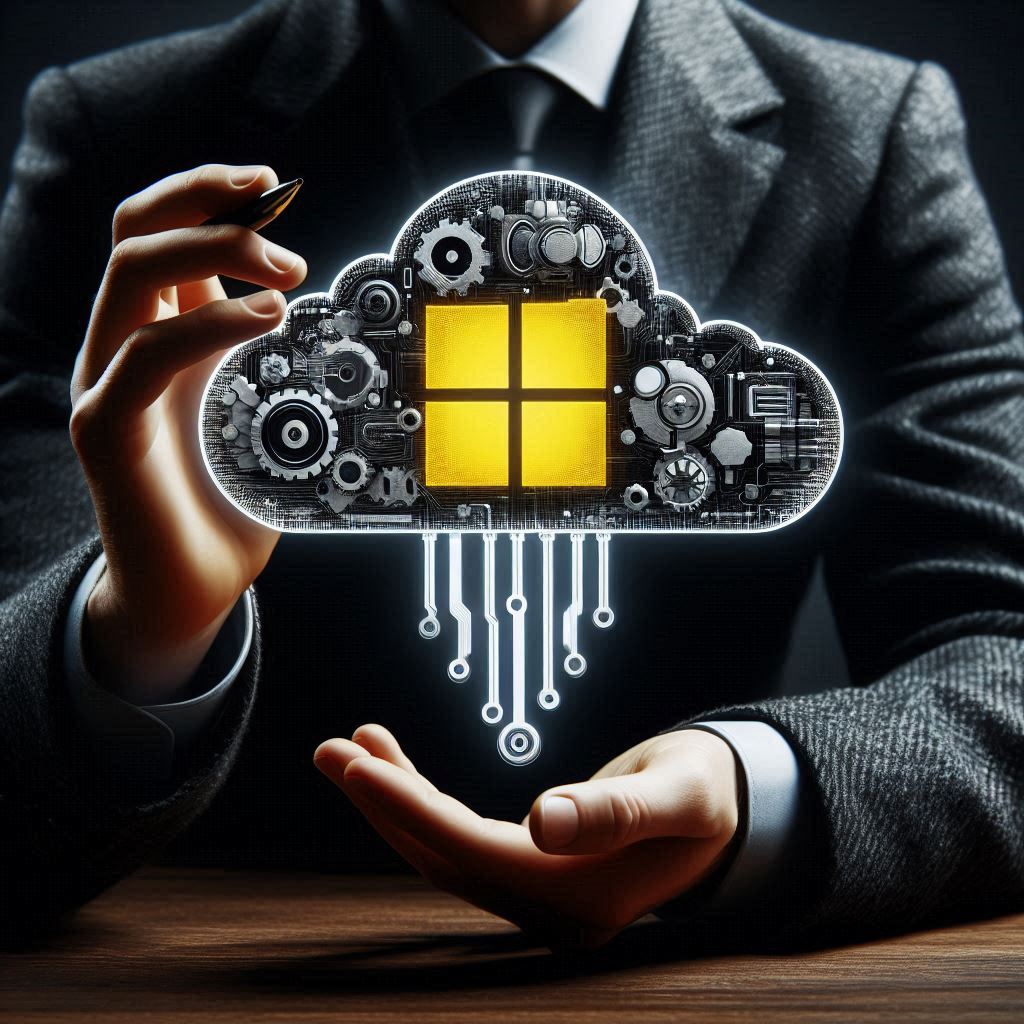At Sentian Sky, we are dedicated to offering the best cloud solutions available in the market, and we believe that Microsoft Azure and Microsoft 365 represent the pinnacle of cloud technology. By leveraging these leading platforms, we ensure that our clients benefit from state-of-the-art features, robust security, and unmatched scalability. Microsoft Azure provides a comprehensive suite of cloud services, while Microsoft 365 offers seamless productivity and collaboration tools. Our focus on these top-tier solutions allows us to deliver exceptional performance, reliability, and innovation, empowering businesses to achieve their goals with confidence and efficiency.

Sentian Sky’s cybersecurity focuses on encryption, strict access controls, multi-factor authentication, continuous threat monitoring, a Zero Trust approach, and regular audits to ensure comprehensive protection and compliance.
Adopting a "never trust, always verify" approach where all users, devices, and network requests must be verified before granting access.
moreEncrypting data both in transit and at rest to protect sensitive information from unauthorized access
moreImplementing strict access controls to ensure only authorized users and devices can access specific systems or data.
moreRequiring multiple forms of authentication to verify user identities, adding an extra layer of security.
moreContinuously monitoring for suspicious activity and responding swiftly to potential threats through automated alerts and incident response tools.
moreConducting regular audits and ensuring adherence to industry standards and regulations (e.g., GDPR, HIPAA) to maintain security and compliance across systems.
moreHere are five commonly asked questions businesses often have when adopting the cloud: